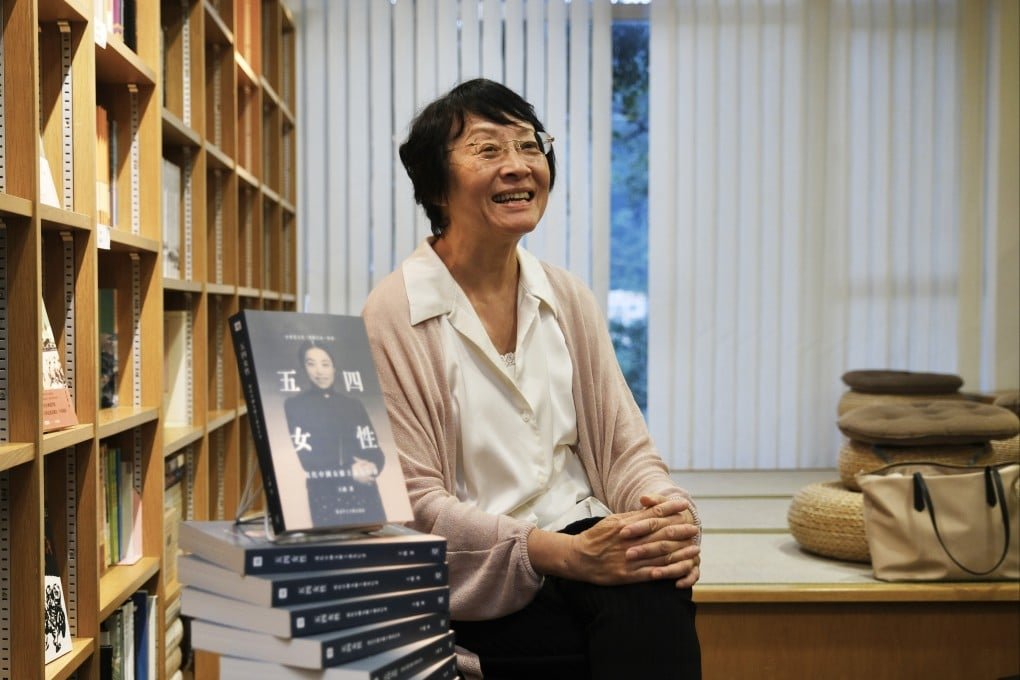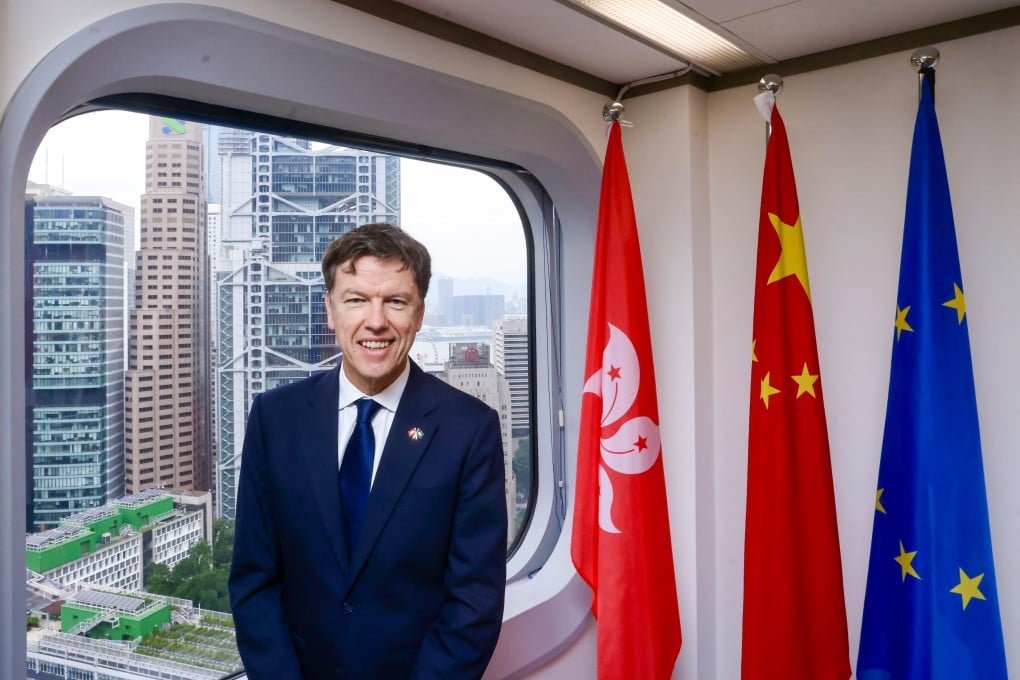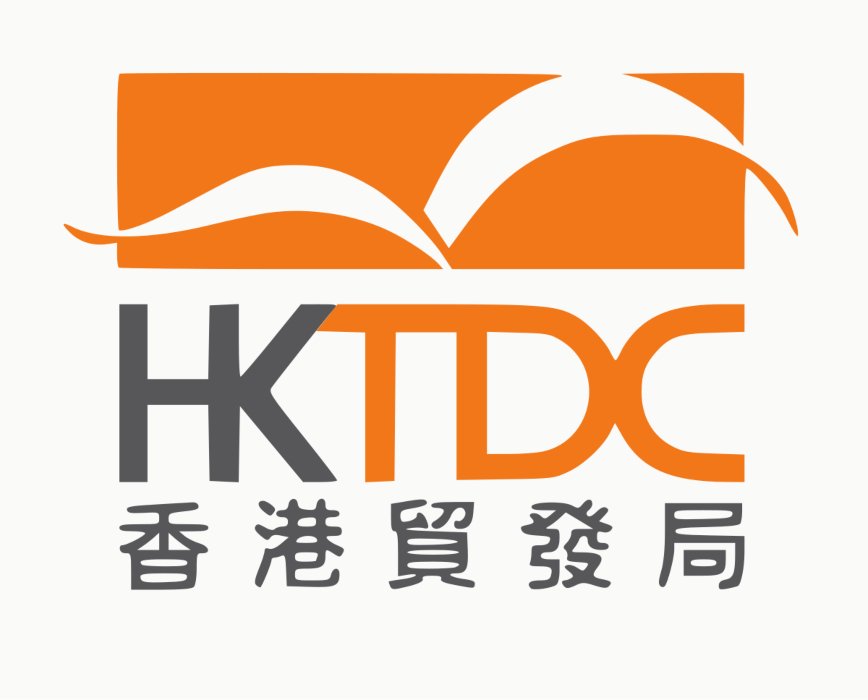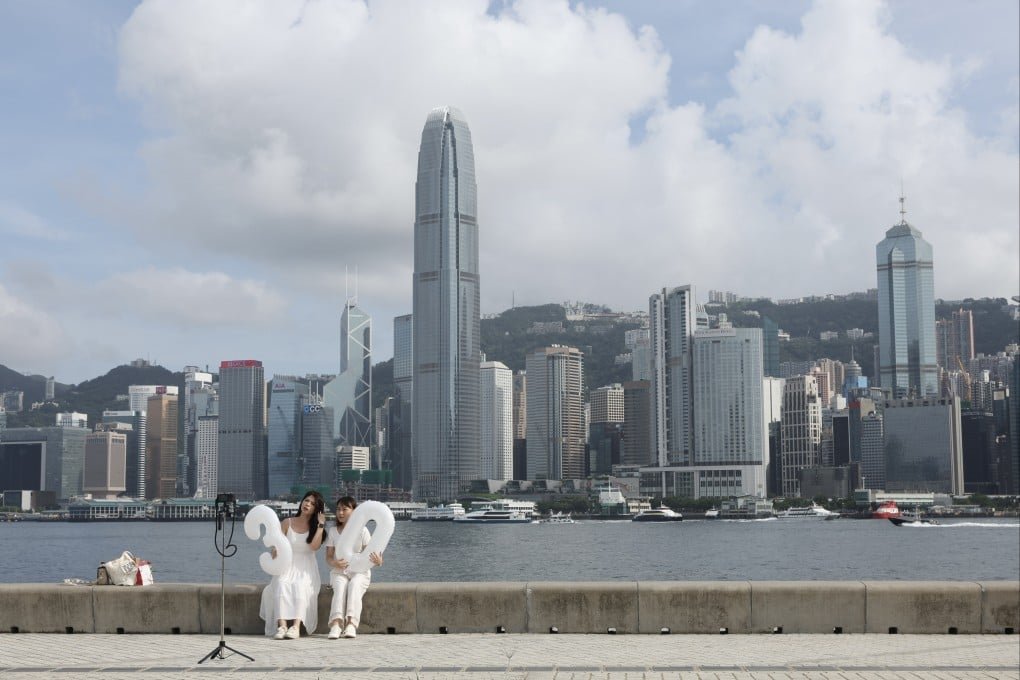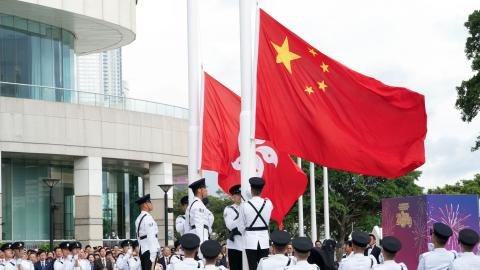That growth is helping offset local demographic decline and is already affecting the city’s economy through rising rental demand and institutional property acquisitions.
The government announced in September that from the 2026-27 academic year, publicly funded universities will be permitted to admit non-local undergraduates—on a self-financing basis—up to fifty per cent of the local-student intake, up from the current forty-per-cent ceiling.
The over-enrolment ceiling for self-financing places in funded research postgraduate programmes will also rise from one hundred to one hundred and twenty per cent.
Institutions such as the University of Hong Kong (HKU) admitted more than twelve hundred first-year non-local undergraduates in autumn 2024—about a fifty-per-cent increase year-on-year—with half of that number hailing from the mainland.
The Hong Kong University of Science and Technology (HKUST) lists over forty-per-cent of its undergraduates and postgraduate students as non-local.
Universities are drawing strength from this shift.
HKU recently climbed to eleventh in the QS World University Rankings, out-ranking elite institutions such as Yale and Princeton, and surpassing Tsinghua and Peking Universities.
Observers attribute part of the leap to international diversification and aggressive global recruitment.
Institutions are simultaneously turning to property acquisition to accommodate the rising student numbers—amid a broader backdrop of rental-market pressure in the city.
Developers and universities alike are converting hotels and residential blocks into dormitories and student housing to meet demand.
This expansion comes at a time when Hong Kong’s wider economy is subdued, with the property market in long-term downturn and consumer sentiment weak.
The higher-education surge is providing a boost—though institutions caution that the accommodation challenge remains acute.
The government’s strategy aligns with its ambition to position Hong Kong as a global education hub.
A “Study in Hong Kong: Your World-class Campus” campaign and the creation of a “Task Force on Study in Hong Kong” accompany the regulatory changes, all aimed at attracting top global talent.
While questions about local student displacement and rising housing costs persist, the record numbers and improved ranking performance demonstrate that Hong Kong’s universities are not just holding steady—they are overtaking some mainland rivals and repositioning themselves as global players.

